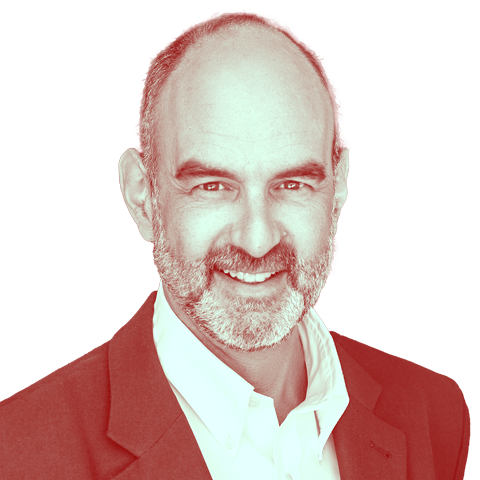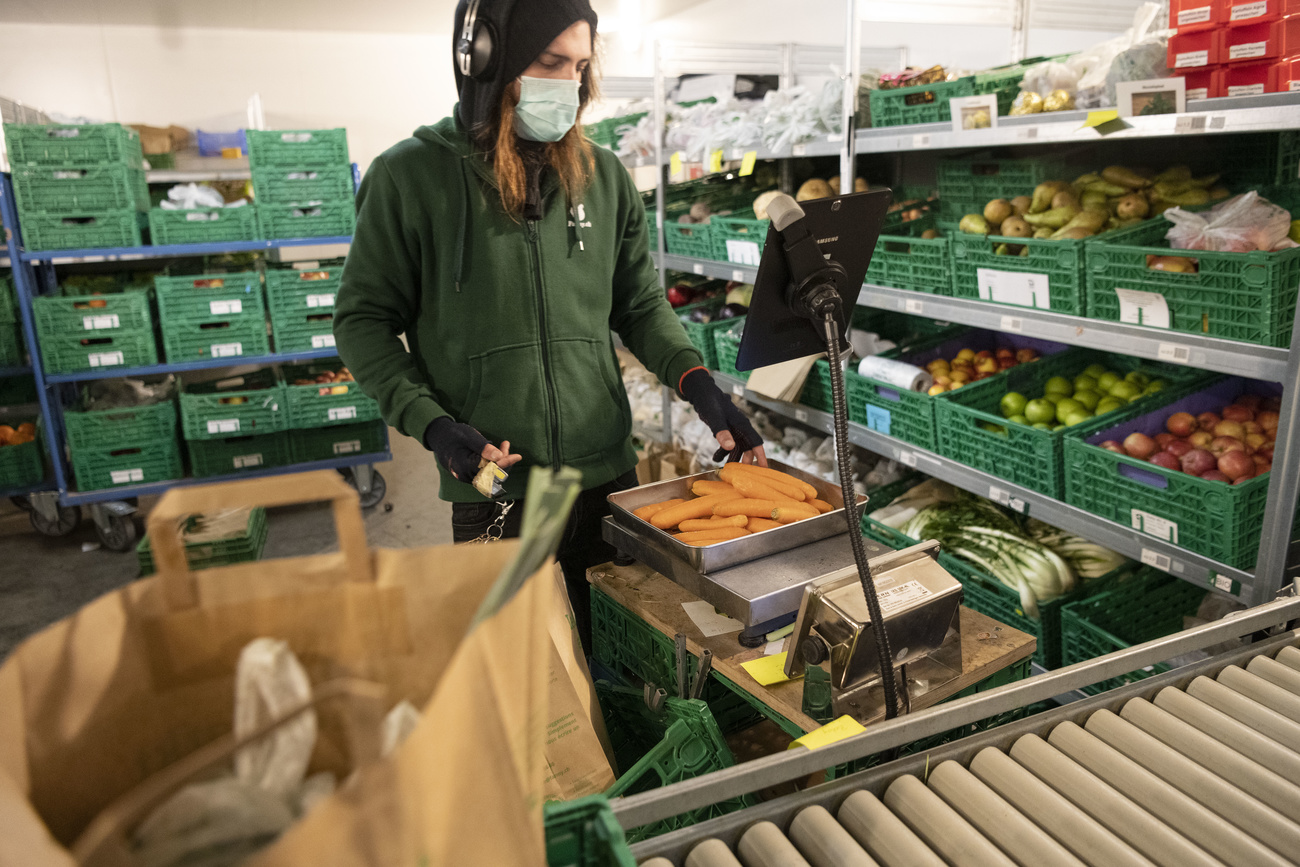‘Business as usual’ is not an option for the global food system
Malnutrition, biodiversity crisis, climate change: we urgently need to rethink our food system. Here’s how we can bring about its transformation.
The debate on the future of our food system is strongly polarised. We have seen this first-hand in Switzerland, with the recent vote on the agricultural initiatives. On the one side there is the legitimate demand that agricultural production not put excessive strain on health and the environment; while on the other, there is equally valid concern for the economic survival of businesses.
The preparations for the UN Food Systems Summit, held on Thursday, were also riddled with tensions between deeply divided camps. Some civil society organisations have called for a boycott of the event, fearing that the private sector will carry too much sway. However, in the search for solutions, this embittered trench warfare will not get us anywhere; rather the contrary. Rethinking our food system – from the field to our plates – is an enormous task for society as a whole, and one which we must tackle together.
If we want to feed a growing world population under the conditions of climate change, we have to change our food systems, according to the UN. It therefore hosted a summit in New York on September 23.
Today’s food systems lead to a dead end
After all, we all eat food. Every day. What we eat and how we produce it affects our planet and our societies like no other human activity. Current farming is largely responsible for the alarming loss of biodiversity and soil fertility and the strain on water resources. Nearly one third of global greenhouse gas emissions comes from the food system.

More
How to increase incomes for smallholder farmers
At the same time, from a global perspective, the food sector is doing a poor job of fulfilling its actual purpose: today, around two billion people are suffering from hunger or malnutrition, and three billion people’s diets are harmful to their health. Those who make their living in the food system – farmers, processors, cooks, vendors – are often in the lowest income groups.
At the UN summit, the global community discussed what the future of our food systems should look like. In the run-up to the meeting, tens of thousands of people and hundreds of organisations from civil society, politics, science and the private sector, across 145 countries, have been debating possible solutions. A surprising level of consensus has now been reached: “Business as usual” is not an option; a paradigm shift is urgently needed. The current focus on the highest possible yields and cheap calories leads to a dead end and causes unbearable social costs. Holistic approaches are needed in order to provide healthy food for all, produced in a way that respects the environment, animal welfare and human rights, and with fair wages for everyone.
Biovision was founded in 1998 by Swiss World Food Prize recipient Hans Rudolf Herren, with the aim of sustainably improving life for people in Africa while conserving the environment as the basis for all life. Biovision combats hunger and poverty and is committed to the dissemination and application of ecological methods that sustainably improve living conditions in Africa while also conserving the environment.
Connecting producers and consumers
For the first time ever at a UN summit, agroecology has been recognised as a promising and unifying concept for the transformation process so needed. It offers scientifically based practices for ecological production. Agroecological principles – such as promoting biodiversity, closing cycles and reducing the use of chemical fertilisers and pesticides – can be used to design smart, alternative systems. They can also help us gradually improve conventional production methods. What is more, agroecology seeks to connect producers and consumers along fair value chains.
Bringing about the urgently needed transformation of food systems – in Switzerland and globally – requires several kinds of leverage. These include further developing and disseminating ecological production methods and investing more in sustainably operating companies and projects in the food sector. To this end, policy-makers must create incentives and regulate harmful practices. This also means overcoming the weighty influence of interest groups, whose business models are still based on outdated approaches and concepts.
It is also vital to promote public awareness of the relationship between food, the environment, health and prosperity. Ultimately, we all shape our food systems by exercising our political rights and deciding our daily consumption patterns. We can all influence what the world of the future will look like, because we all eat. Every day.
Frank Eyhorn is an expert in organic agriculture with more than 20 years of experience in international cooperation. He is passionate about sustainable agriculture and nutrition. With a PhD in environmental science, he has conducted extensive research and published various educational materials and scientific articles.
The views expressed in this article are solely those of the author, and do not necessarily reflect the views of swissinfo.ch.
Opinion series
swissinfo.ch publishes op-ed articles by contributors writing on a wide range of topics – Swiss issues or those that impact Switzerland. The selection of articles presents a diversity of opinions designed to enrich the debate on the issues discussed.

In compliance with the JTI standards
More: SWI swissinfo.ch certified by the Journalism Trust Initiative



